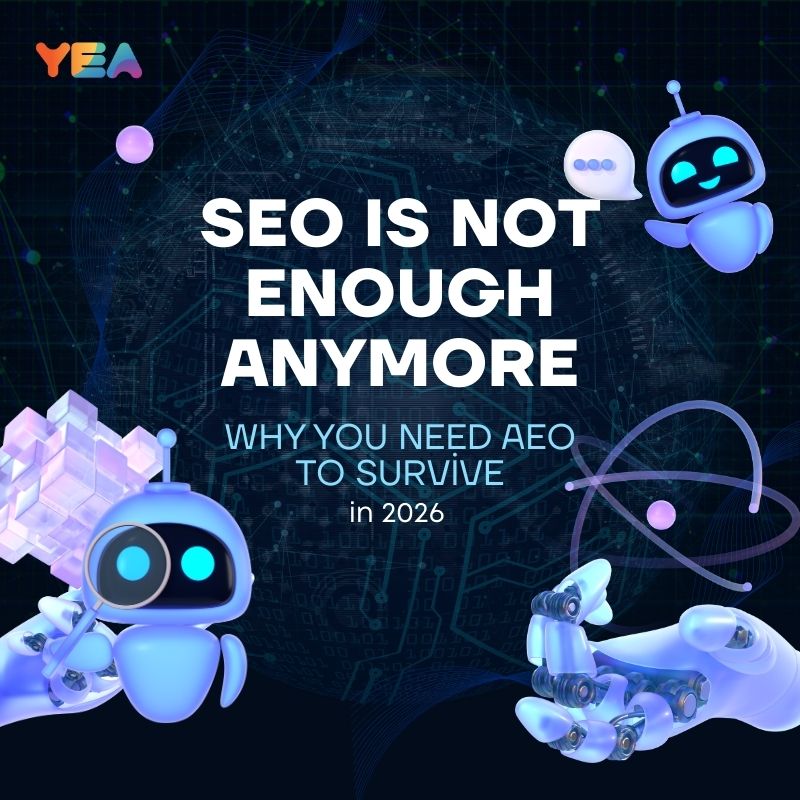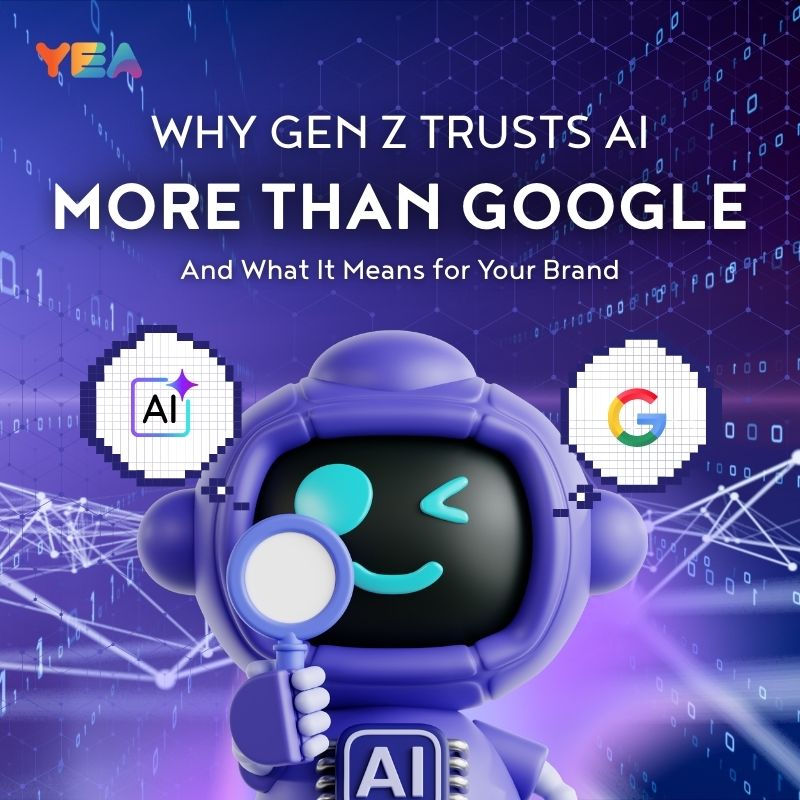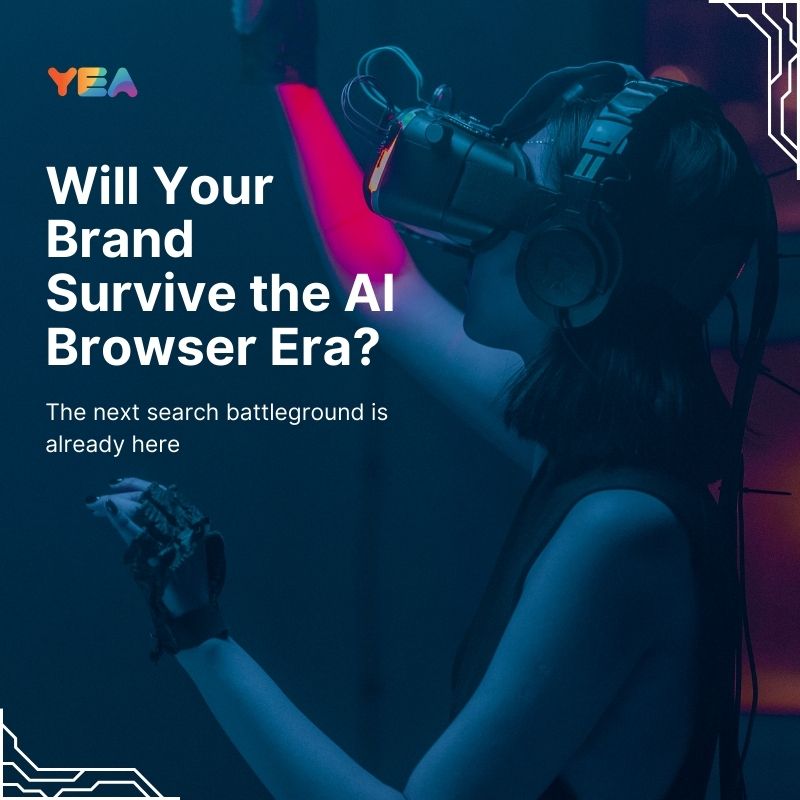Why Gen Z Trusts AI More Than Google (And What It Means for Your Brand)
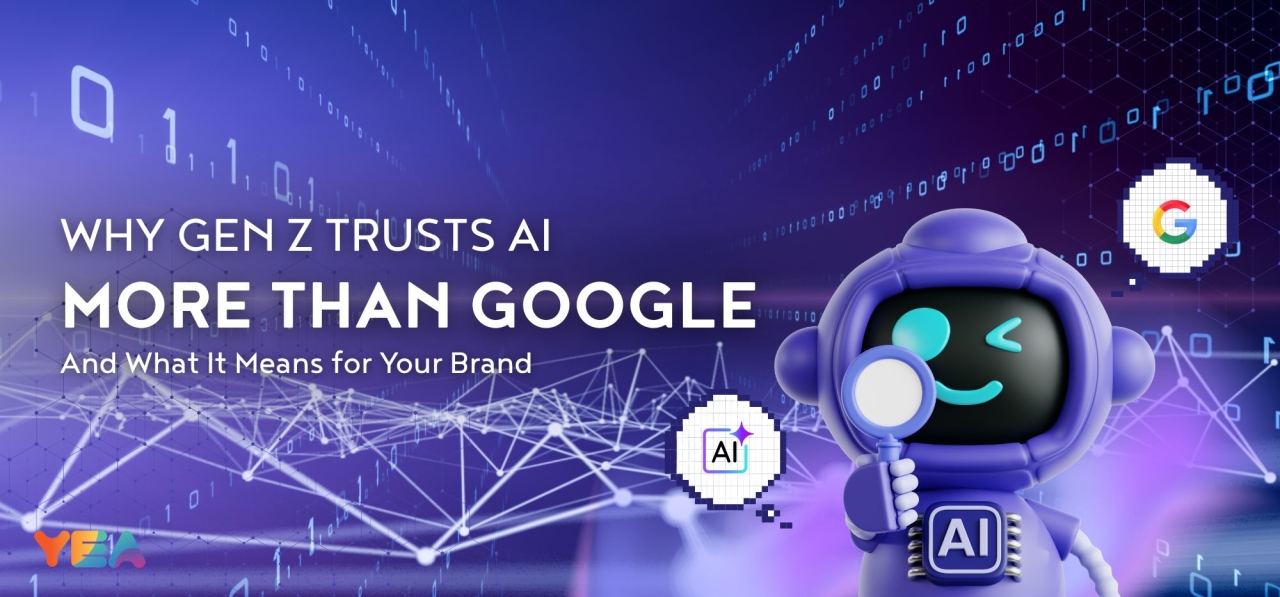
Introduction: A New Era of Search
For Millennials, “Google it” was the universal answer to any question. For Gen Z, that habit is fading fast. Instead of typing keywords and wading through search results, they’re more likely to open ChatGPT, Gemini, or Perplexity and ask directly.
This simple behavior shift has huge implications: if AI doesn’t surface your brand, you may be invisible to the next generation of buyers.
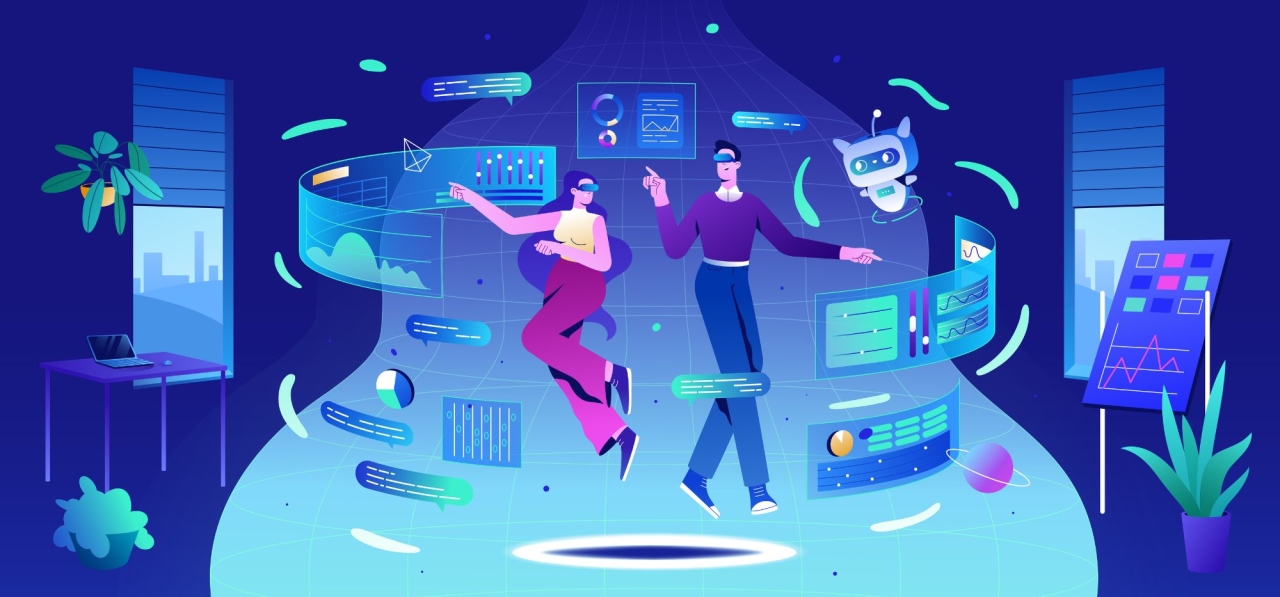
Gen Z’s Digital Lifestyle and the Rise of AI
Unlike older generations, Gen Z grew up in an internet saturated with ads, algorithm-driven content, and overwhelming options. They are impatient with cluttered search pages, banner ads, and repetitive SEO articles. Efficiency, authenticity, and personalization matter far more than tradition.
Recent research reveals:
· Over 60% of Gen Z actively use AI weekly for study, shopping, and decision-making.
· A growing number say they trust TikTok and ChatGPT over Google for product recommendations.
· They want clear, conversational, and personalized answers—not a list of 20 websites.
This explains why AI tools, which cut through the noise, are becoming their go-to resource.
Why Gen Z Leans on AI Instead of Google
1. Fewer Choices, Less Stress
Traditional search produces an overload of links. AI narrows it down to a single, reasoned answer—reducing decision fatigue.
2. Feels Like Talking to a Friend
AI communicates in natural language. The back-and-forth dialogue mirrors how Gen Z already interacts online, making information feel more approachable.
3. Skepticism Toward Paid Results
Gen Z knows Google’s front page is dominated by ads and brands with big SEO budgets. AI’s recommendations feel less transactional and more genuine.
4. Integrated, Cross-Platform Knowledge
Instead of forcing users to piece together data from different sites, AI blends insights from multiple platforms—TikTok, Reddit, YouTube, and niche forums—into one coherent answer.
In short, Gen Z prefers asking AI because it saves time and feels more authentic.
What This Shift Means for Brands
The rules of online visibility are changing:
· First impressions no longer happen on Google. They happen inside AI platforms.
· Being absent from AI responses means being invisible to Gen Z. It’s not enough to rank on page one anymore.
· Competition moves earlier in the funnel. Whoever AI recommends gets the order, while others are excluded entirely.
The conclusion is clear: AI is the new arena for brand discovery.
How Brands Can Stay Relevant
1. Make Your Brand AI-Friendly
· Publish content in clear, structured formats (FAQs, product comparisons, how-to guides) that AI can easily reference.
· Ensure your presence extends beyond your own site—AI pulls from reviews, forums, and third-party mentions.
2. Strengthen Authority
· Build credibility through authentic reviews and trusted media coverage.
· AI engines weigh reputation heavily when deciding what to recommend.
3. Adopt a Q&A Mindset
· Anticipate the questions customers ask AI: “What’s the best acne treatment for sensitive skin?” or “Which coffee brand has the least caffeine?”
· Create content that answers those queries directly.
4. Expand Across Platforms
· Since AI pulls data from TikTok, Reddit, and YouTube, your brand presence should cover multiple touchpoints.
· Don’t rely solely on your website—be part of the wider conversation.

Conclusion: From “Search” to “Ask”
For Millennials, Google was the front door to the internet. For Gen Z, AI has taken that role. They don’t want to browse endless links—they want to ask a question and get a trustworthy, tailored response.
That reality demands a new approach. Answer Engine Optimization (AI SEO) is no longer optional. It ensures that when AI is asked for recommendations, your brand is part of the shortlist.
The challenge is simple: when Gen Z turns to AI for answers, will your brand be in the conversation—or left out entirely?
